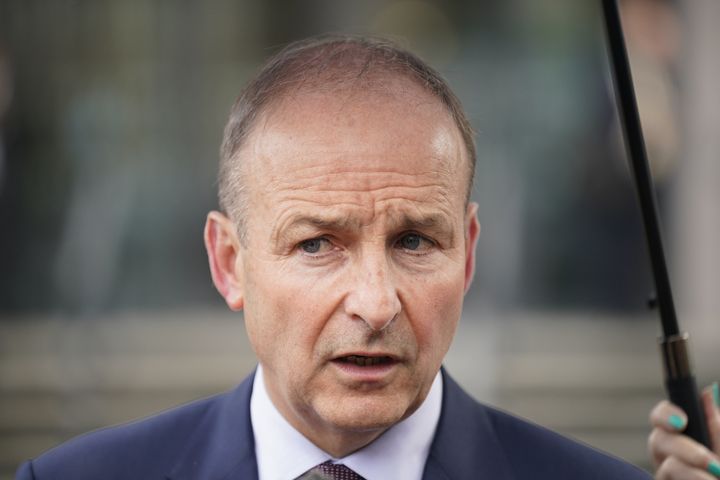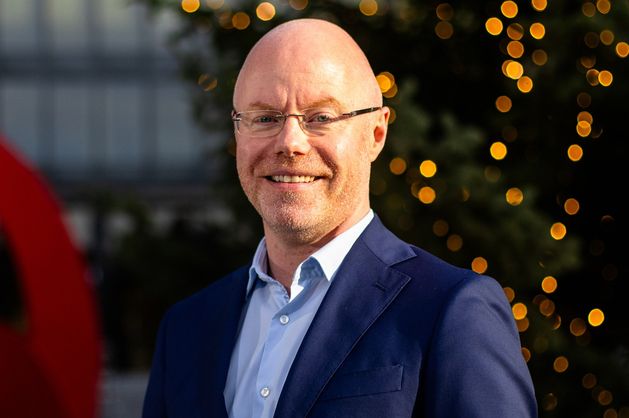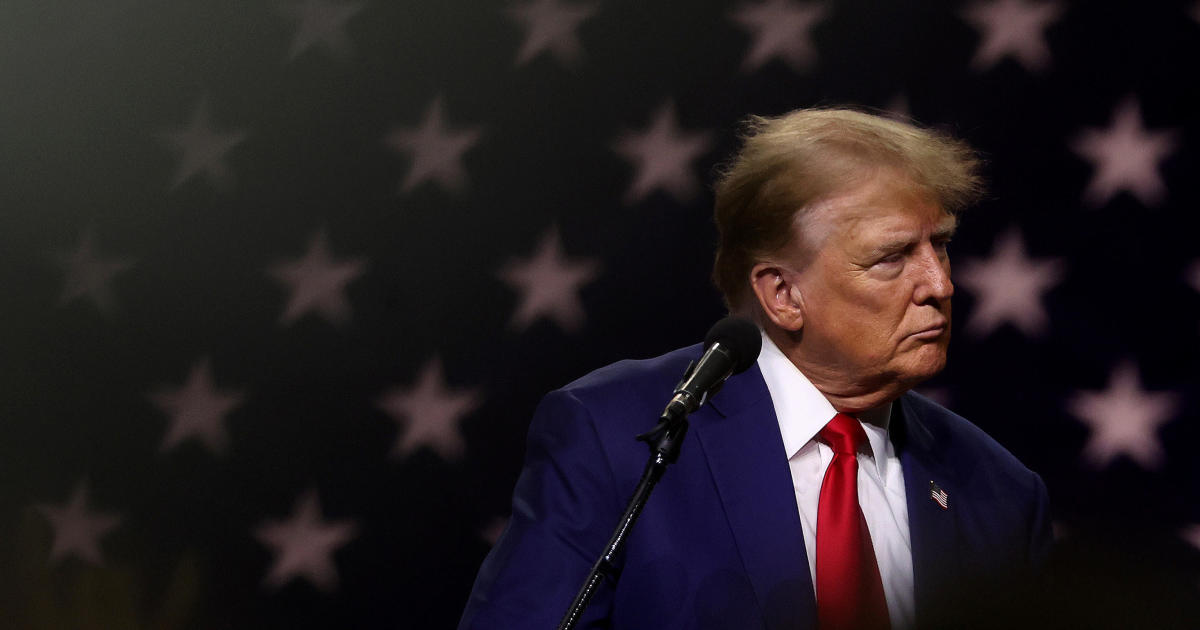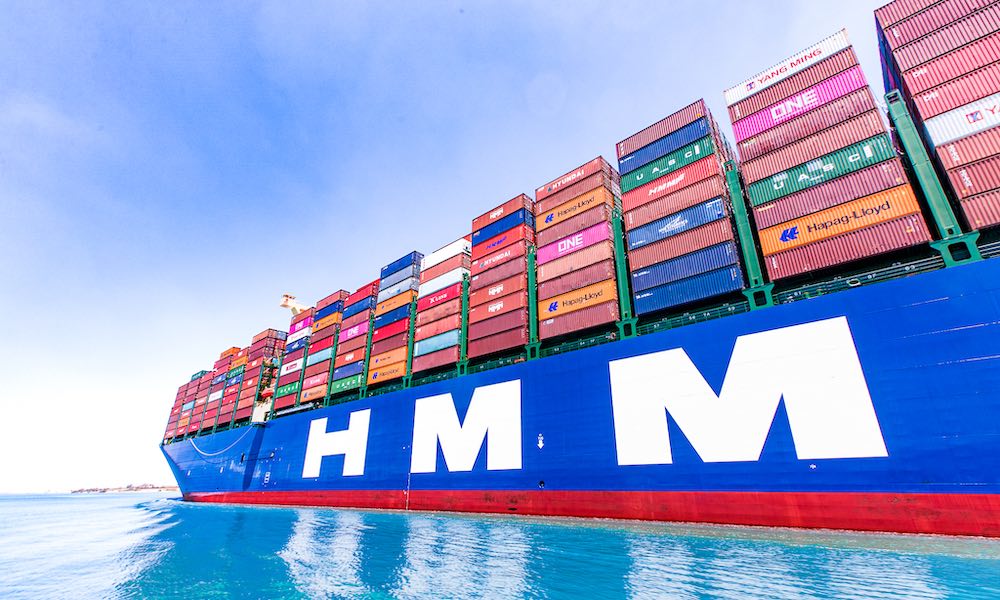[ad_1]

Last week, British prime minister Rishi Sunak won a vote in parliament over a bill which he hopes will allow Britain to send asylum-seekers who arrive illegally there to Rwanda.
Mr Martin did not expand in detail on his apparent criticism of the tone of public discourse in the United Kingdom, but said: “Other countries have made political promises and declarations which, when you analyse them in the cold light of day, have not been successful.”
Downing Street said at the weekend: “The [British] government is committed to doing whatever it takes to stop the boats and get flights to Rwanda off the ground as soon as possible. Rwanda is ready to welcome large numbers of people and we have robust plans in place for future flights following discussions with a range of companies.”
The immigration issue here in Ireland will continue next year and become a “very dominant issue” that would require “constant work,” the Fianna Fáil leader and Foreign Affairs Minister said.
“In terms of broad immigration policy, we have to tighten up checks in airports and so on, in terms of people getting rid of documentation, destroying documents,” he said.
“Recently we have seen more [international protection applicants] applying from the UK side, with the change that has taken place in their Rwandan policy and all of that.
“So, this is happening all across Europe, it’s happening in the United States… This is not a new Irish experience. It is part of a global phenomenon. But when you meet authorities in Egypt and the Middle East and Africa you get a different perspective.”
Mr Martin accepted that the number of people seeking international protection will grow, but he said Irish immigration policies “very much reflect our international obligations, in terms being members of European Union, and more broadly in terms of international agreements and frameworks”.
“There’s no doubt [about future increases in international protection applicants]. We have had a threefold increase from pre-Covid to post-Covid in the number of those seeking international protection,” he said.
“So it’s about 15,000 [a year] now, close to that, compared to around 3,500 a year in 2019.”
Mr Martin said government policy in the past, when set up for Direct Provision, had been on the assumption of 3,500 asylum-seekers arriving into Ireland every year.
This was before the surge of refugees coming from Ukraine as a result of the Russian invasion in February last year.
The current influx “is very much a function of the international and the global situation that we’re in”, the Tánaiste said.
“It is very challenging in such a short space of time, when so many people are having to flee situations as they have had to do in the last two years, in particular.
“There are no easy answers to this. I do accept the point that there are growing concerns. There is a broader concern and people are worried about capacity and so on. But we have to be very clear about the fundamental principles and the philosophy.
“Nobody can take the law into their own hands. Blockading is wrong. Physically destroying buildings is a crime. We need as a society to maintain our cohesion and balance.
He said he had attempted to speak to two Fianna Fáil councillors in Galway who he believed had not struck the right tone on the burning down of the Ross Lake House hotel in Roscahill, Co Galway, on Saturday night.
The building had been earmarked for asylum-seekers.
Councillor Noel Thomas said Ireland can no longer accommodate international protection applicants as “the inn is full”.
Councillor Séamus Walsh said government policies were “in some way responsible for the fire.”
However, Mr Martin said there was “no nuance around a criminal attack on a building or property”.
He had spoken to one of the councillors to tell him the comments were unacceptable and expected to say the same to the second.
In particular, he deplored, “any link being made between migrants and bad behaviour in the community. That has to be knocked on the head.”
But the Government has a role in terms of communicating “the basic principles” of international protection to the public and working with people, he said.
[ad_2]
Source link




















